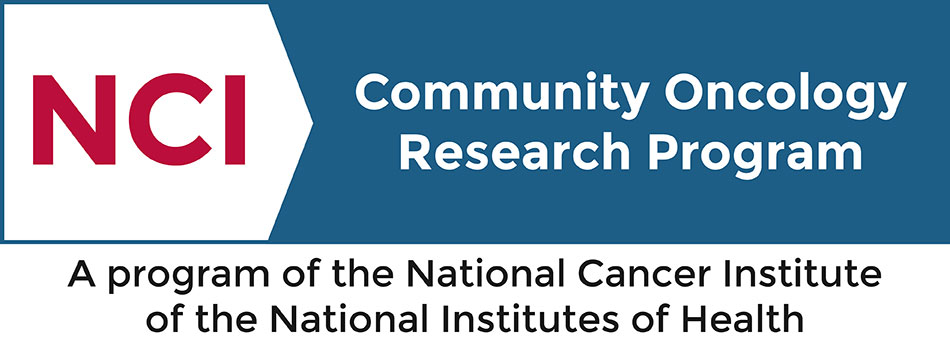- Augusta University
- Georgia Cancer Center
- Clinical Trials
- Georgia CaRES
- About Georgia CaRES
About Georgia CaRES
Since 1994, the Georgia Cancer Center has led a partnership network focusing on bringing the latest cancer therapies to minorities and underserved patients. Most recently, the National Cancer Institute has provided the Georgia Cancer Center with a five-year grant to lead Georgia CaRES (Georgia Cancer Research), as part of its Community Oncology Program (NCORP).
The program is one of just 12 selected nationally and the state’s only minority/underserved cancer research program. The program brings clinical trials—previously available only at large academic medical centers—to community settings, which is where most cancer patients receive treatment.
The Georgia CaRES partnership network includes: Augusta Oncology Associates, DeKalb Medical Center in Decatur, Georgia Cancer Center in Augusta, Phoebe Putney Memorial Hospital in Albany, Morehouse School of Medicine in Atlanta and University Cancer & Blood Center, LLC in Athens.
According to the NCI, the five-year grants go to institutions and organizations that will ensure the latest scientific discoveries are translated into the most effective strategies to prevent, diagnose and treat cancer. As a Minority/Underserved Community Site of the NCI Community Oncology Research Program (NCORP) network, Georgia CaRES:
- Designs and conducts cancer prevention, supportive care and symptom management, screening, and surveillance clinical trials;
- Designs and supports health-related quality of life studies for patients on treatment trials;
- Designs and conducts Cancer Care Delivery Research (CCDR) studies;
- Participates in treatment and imaging clinical trials conducted by the NCI National Clinical Trials Network (NCTN); and
- Integrates health disparities research questions into NCORP studies.
NCORP Minority/Underserved Community Sites have a patient population that includes at least 30 percent minority or rural residents.

What types of clinical trials are available?
Georgia CaRES helps make available clinical trials for every type of cancer in both children and adults. Along with pharmacological trials offering the latest drug therapies, one-quarter of the Georgia CaRES trials focus on health care delivery. These trials examine how to improve cancer prevention, screening and symptom management, among other goals.
What are the benefits to Georgians?
Thanks to clinical trials, patients have access to treatments that may be better than the current standard of care. In most parts of the United States, these types of treatments may only be offered at large cancer centers, but Georgia CaRES ensures these innovative care options are available right here in our state at community health centers, which are where the majority of cancer patients seek care.
It’s also important to realize that typically, minority patients make up only 5 percent of those enrolled in clinical trials. Thanks to Georgia CaRES, the minority accrual rate of its partnership network—which covers two-thirds of the state—is 45 percent. This means that more patients who need these treatments are able to benefit.
As a result, Georgia CaRES is overcoming historic barriers that have stood in the way of minority and underserved cancer patients by opening up new opportunities to participate in clinical trials and other important cancer research.